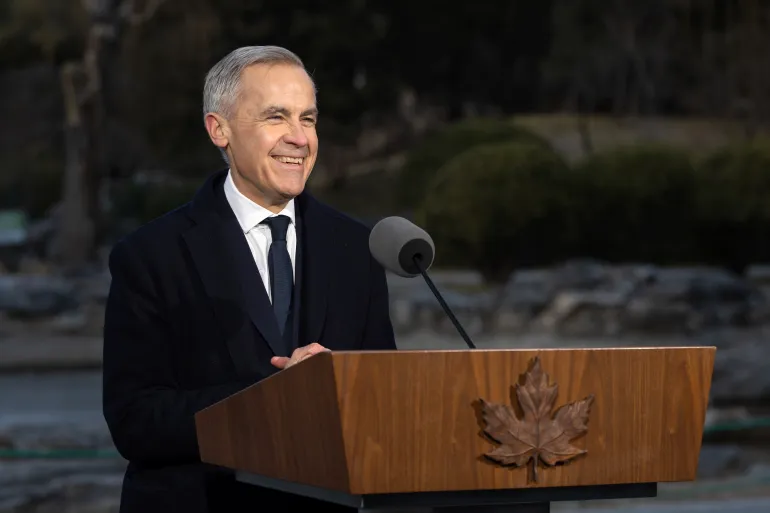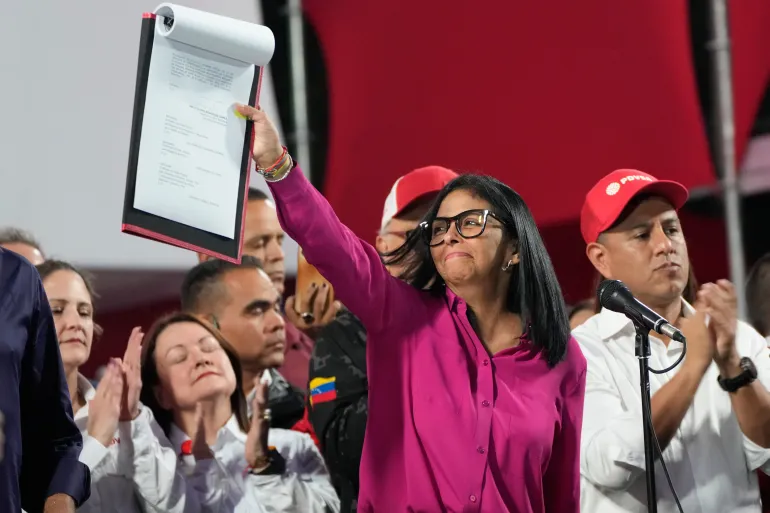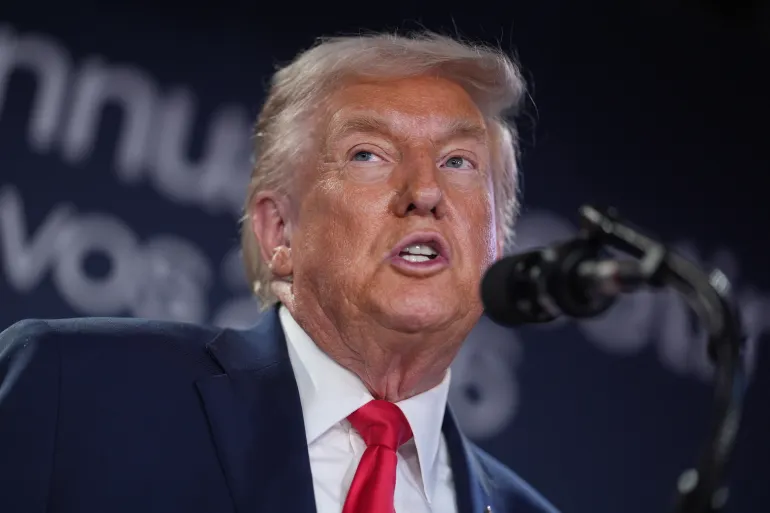A new report from the Federal Reserve Bank of New York reveals that many businesses are increasing prices not only on goods affected by tariffs but also on those that are not — raising concerns that firms may be using tariff hikes as a broader opportunity to raise prices across the board.
The survey, conducted in early May before recent adjustments and legal challenges to the tariff policy, included responses from around 110 manufacturers and more than 200 service firms across New York and New Jersey. The findings offer a snapshot of how businesses are responding to the evolving tariff landscape under the Trump administration’s latest round of trade measures targeting imports, especially from China.
According to the report, about 75% of firms indicated they were passing at least some of the additional costs from tariffs on to their customers. Roughly one-third of manufacturers and nearly half of service firms said they were fully passing along the added costs. But beyond that, “a significant share” of businesses reported raising prices on goods and services that were not directly impacted by the new import taxes.
This pricing behavior mirrors a pattern observed during the previous Trump administration when tariffs on washing machines, for example, were accompanied by price increases on dryers — products not subject to the same tariffs.
Economists note that this kind of price behavior, sometimes called “taking price,” is not uncommon during periods of widespread cost inflation or policy uncertainty. With customers expecting rising costs due to tariffs, some companies may be capitalizing on that perception to widen margins, even where no direct cost increase has occurred.
At the time of the survey, the average reported tariff rate for manufacturers stood at 35% — a sharp rise from 10% six months prior. Service firms reported an average tariff rate of 26%, up from 9%. The data predates a rollback in the China tariffs from 145% to 30%, as well as ongoing court rulings that have added to the uncertainty around the future of the trade measures.
Notably, price hikes on tariffed goods averaged 20% for manufacturers and 15% for service firms, closely tracking reported increases in tariff rates. However, the NY Fed notes that actual cost pressures may have been mitigated somewhat by businesses sourcing from alternative suppliers or negotiating lower prices with foreign producers.
In addition to price adjustments, around half of firms reported a decline in profitability due to the tariffs, and some indicated they had reduced headcount in response to the added financial pressure. Many respondents also expressed confusion about how tariffs applied to them and voiced frustration over the lack of policy clarity.
“Businesses expressed considerable uncertainty about the future path of tariffs,” the report stated, adding that firms were struggling to make strategic decisions in an environment marked by rapidly shifting trade policies and regulatory reversals.
The broader economic implications remain unclear. While the majority of economists and Federal Reserve officials agree that tariffs tend to raise inflation while dampening growth and employment, debate continues over whether the resulting price increases are temporary or more lasting. That distinction matters for policymakers, particularly when considering how or whether to respond with monetary policy.










The latest news in your social feeds
Subscribe to our social media platforms to stay tuned